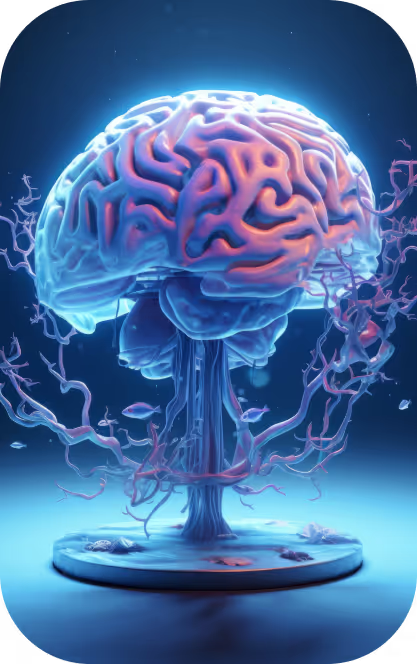Artificial Intelligence in 2025: Between Risk, Innovation, and Noospheric Responsibility


In 2025, artificial intelligence is no longer merely a technological tool—it has become a multidimensional phenomenon that influences fundamental aspects of human existence: cognition, ethics, science, culture, education, and politics. Its evolution from linear statistical models to self-learning agent systems capable of hypothesis generation and autonomous decision-making marks not only a computational breakthrough but the beginning of a qualitatively new phase of cognitive coexistence between humans and machine intelligence. In this context, the concept of the noosphere, formulated by V. I. Vernadsky, gains renewed relevance. If the noosphere is understood as the domain of humanity’s collective intelligent activity shaping geological and social processes, then artificial intelligence today can be seen as a structural component of this domain—potentially as its extension, but also as a challenge to its ethical coherence.
Recent developments in AI safety underscore the growing emphasis on data filtering during model training. The "deep ignorance" approach, proposed by the UK’s AI Safety Institute, advocates the intentional exclusion of biologically and socially sensitive data from training corpora. This enables the creation of systems that remain unaware of potentially hazardous topics while retaining high performance in core tasks. In this way, ethics is embedded not as an external constraint but as part of the internal architecture of AI learning. At the same time, technical advances—particularly the release of GPT‑5 and DeepMind’s AlphaEvolve—demonstrate the shift from passive models to cognitively active agents. AlphaEvolve, for instance, autonomously creates and optimizes algorithms that outperform human-designed solutions in many computational tasks, while GPT‑5 approaches the threshold of generative cognition, capable of simultaneously modeling context, language, logic, and emotional patterns.
One of the most significant developments of 2025 is the integration of multi-agent systems into scientific research. Google’s “AI co-scientist,” based on Gemini 2.0, functions as a fully-fledged research partner, capable of generating hypotheses, evaluating the internal consistency of models, and proposing experimental strategies. This reframes scientific knowledge not as an exclusively human endeavor, but as a domain open to new epistemological actors. Can such systems be regarded as co-authors of knowledge? Will academic culture be able to adapt to this new mode of intellectual collaboration?
Concurrently, there is increasing global concern over the ethical and transparent integration of AI. Institutions such as the AI Safety Institute and AI Ethics Lab have emerged, the number of interdisciplinary conferences continues to grow, and methods of explainable AI and algorithmic fairness are actively studied. Within this framework, a new notion of responsibility is taking shape: in the noospheric sense, intelligence cannot be separated from morality. Power without ethics is not progress—it is a threat. As highlighted in the Stanford AI Index 2025, model performance is accelerating exponentially, while energy consumption and cost are decreasing. But these very dynamics confront us with a dilemma: either we integrate AI into a noospheric consciousness—as a responsible, co-creative, and evolutionary intelligence—or we allow the technology to develop chaotically, fragmenting the cultural and humanistic foundations of civilization.
Thus, artificial intelligence in 2025 is not merely an object of technical control but a subject of noospheric reflection. Its further development depends not only on model capacity or architectural innovation but on humanity’s ability to act as a morally conscious and unified species that embraces intelligence not as a threat but as an extension of its own evolution. The responsibility with which we design, train, and interact with AI will become the measure of our maturity—and a decisive factor in the future of collective reason.










